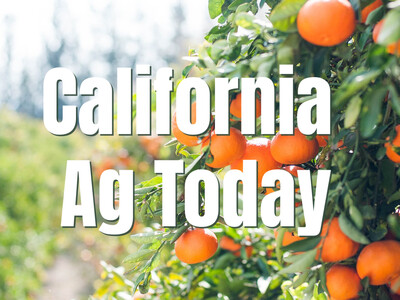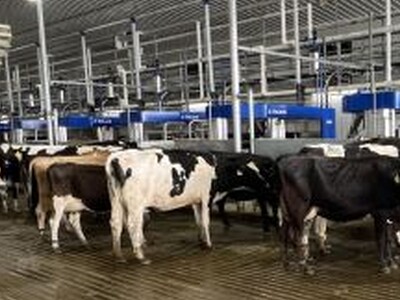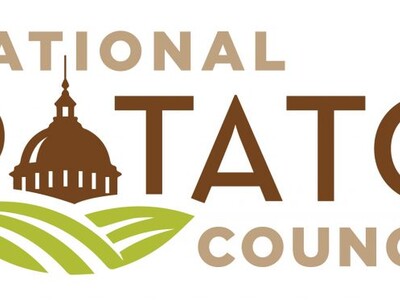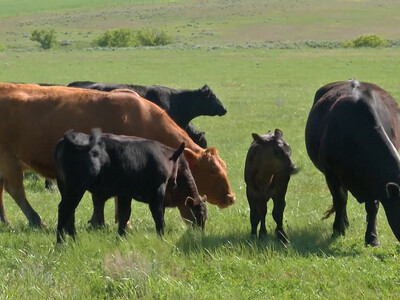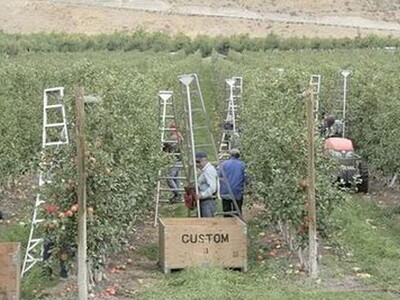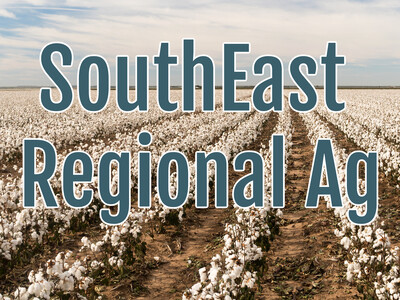Red Flag & More Price Hikes
Red Flag & More Price Hikes plus Food Forethought. I’m Greg Martin with today’s Northwest Report.
2012 is still a few months away but according to one USDA economist don’t expect to see any breaks in food prices. Prices are up about 4% this year and Ricky Volpe says it appears next year will be more of the same.
VOLPE: We’re not forecasting any food prices to actually decrease. What we are forecasting is a decrease in the inflation rate. For the year 2012 we’re looking at beef and veal prices to increase 4 1/2 to 5 1/2 % and pork to increase about 3 to 4%. So those are increases on top of the record prices we’re already seeing in 2011.
With the hottest week of the year expected across the Pacific Northwest conditions are ripe for explosive wild fires and not just east of the Cascades. Unusually hot and dry weather has officials raising a red flag warning for the western part of Washington and parts of Oregon around the Portland area. A red flag warning signals firefighters and emergency personnel that the risk of wildfire is very high. Everyone should use extreme caution as a single spark could lead to a major wildfire.
Now with today’s Food Forethought, here’s Lacy Gray.
To date, there have only been a couple of agriculture based charter elementary schools in the nation, but such an agriculture integrated curriculum is gaining supporters. In fact, the Wisconsin Department of Public Instruction has recently approved a grant to fund curriculum for the School for Agriculture and Environmental Studies. A charter school receives public money but has the freedom to enhance their curriculum, while still being accountable for producing specific results set forth in the school’s charter. The project based, cooperative approach of charter schools is an ideal setting to teach students about agriculture and offer them the opportunity to apply what they’ve learned to the real world. This focus on agriculture allows students to experience hands on learning through time spent actually visiting and helping out at local farms, and growing and selling their own vegetables, while having the chance to put new technology to work in developing gardening and business plans, researching plant hardiness, and keeping production records. While it’s not about “creating farmers” , it is about teaching children that agriculture is naturally all around us.
Thanks Lacy. That’s today’s Northwest Report. I’m Greg Martin on the Ag Information Network.






